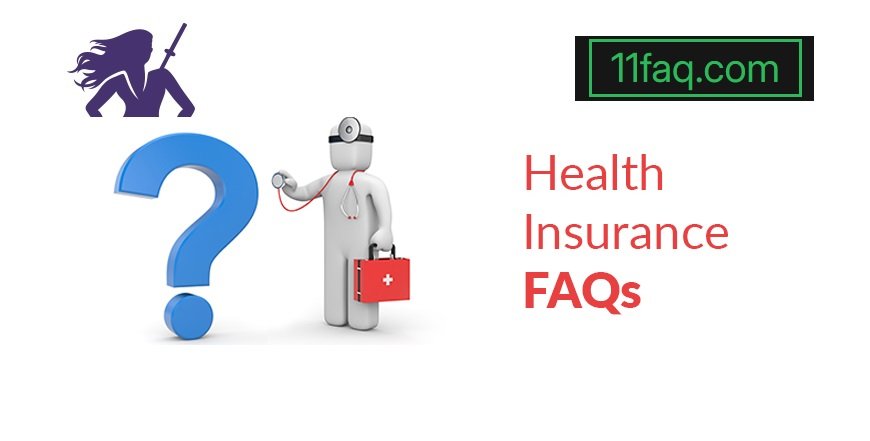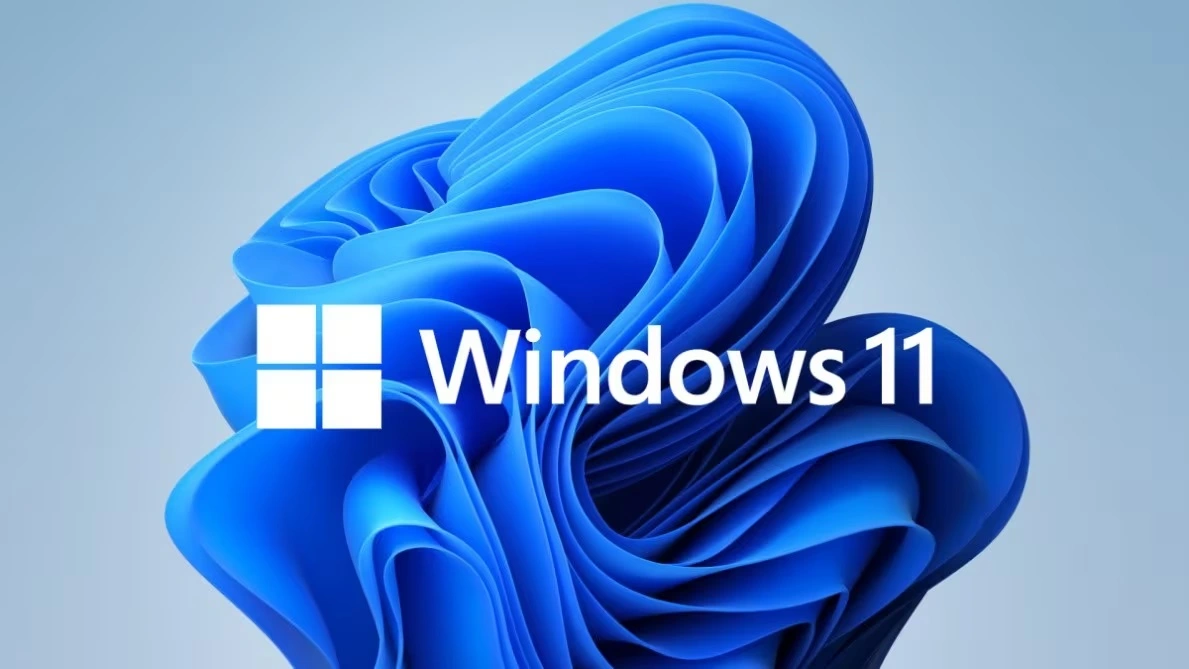Health insurance is an important financial tool that helps cover medical expenses, but it can be confusing to navigate the wide range of policies, terms, and coverage options. Below are 11 frequently asked questions (FAQs) about health insurance to help you better understand how it works and what you need to know before selecting a plan.
1. What Is Health Insurance?
Health insurance is a contract between an individual and an insurance company that helps cover the cost of medical expenses. The insured person pays premiums, and in return, the insurance company covers a portion of the healthcare costs, such as doctor’s visits, hospital stays, medications, and surgeries. Health insurance can be provided by employers, purchased privately, or offered through government programs.
2. What Are Premiums, Deductibles, and Copayments?
- Premiums: The amount you pay monthly or annually to keep your health insurance active.
- Deductibles: The amount you must pay out-of-pocket for medical services before your insurance begins to cover the costs.
- Copayments (Copays): A fixed fee you pay for specific services, such as doctor visits or prescriptions, even after meeting your deductible.
Understanding these terms is crucial because they directly impact your out-of-pocket expenses.
3. What Is the Difference Between HMO, PPO, and EPO Plans?
Health insurance plans typically come in several forms, including:
- HMO (Health Maintenance Organization): Requires you to choose a primary care physician (PCP) and get referrals to see specialists. It often has lower premiums but less flexibility in choosing providers.
- PPO (Preferred Provider Organization): Offers more flexibility to see any doctor without a referral, but you pay less if you use doctors within the plan’s network.
- EPO (Exclusive Provider Organization): A hybrid of HMO and PPO, where you don’t need referrals to see specialists, but you are restricted to a specific network of providers.
Choosing between these plans depends on your healthcare needs and preference for flexibility versus cost.
4. What Does “Out-of-Network” Mean?
Out-of-network refers to healthcare providers or facilities that do not have a contract with your insurance company. Using out-of-network services usually means higher costs or no coverage at all, depending on your plan. It’s always best to check if your healthcare provider is in-network to avoid unexpected expenses.
5. What Is a Health Savings Account (HSA)?
An HSA is a tax-advantaged savings account that allows individuals with high-deductible health plans (HDHPs) to save money specifically for medical expenses. The funds in an HSA can be used for qualified medical expenses, and the contributions, earnings, and withdrawals are all tax-free. It’s a great option for those who want to save for healthcare costs and reduce their taxable income.
6. What Is a Pre-Existing Condition, and How Does It Affect Coverage?
A pre-existing condition is a medical condition or illness that you had before applying for health insurance. Thanks to recent healthcare reforms, most insurance companies can no longer deny coverage or charge higher premiums based on pre-existing conditions. However, it’s essential to review the terms of your policy to understand how certain treatments or medications may be covered.
7. What Is the Difference Between Preventive Care and Diagnostic Care?
- Preventive Care: Medical services that are aimed at preventing illness or detecting diseases early, such as vaccinations, screenings, and annual physicals. Most insurance plans cover preventive care at no extra cost.
- Diagnostic Care: Services provided when you have symptoms of a health issue, such as tests to diagnose a condition. Depending on your plan, diagnostic care may involve copays, deductibles, or coinsurance.
8. How Does Health Insurance Work for Prescription Medications?
Health insurance plans typically cover prescription medications, but the level of coverage varies. Plans often categorize medications into “tiers” or levels, with generic drugs being the cheapest and brand-name or specialty drugs being more expensive. It’s important to review your plan’s formulary (list of covered drugs) to know which medications are covered and at what cost.
9. What Happens if I Lose My Job?
If you lose your job and, as a result, lose employer-sponsored health insurance, you have several options:
- COBRA: A federal program that allows you to temporarily continue your employer’s health insurance coverage, though you will have to pay the full premium.
- Marketplace: You can apply for a plan through the Health Insurance Marketplace, and depending on your income, you may qualify for subsidies to lower your premiums.
- Medicaid: If your income is significantly reduced, you might be eligible for Medicaid, a government-funded program that provides free or low-cost healthcare.
10. What Is a Lifetime or Annual Limit?
A lifetime limit is the maximum amount an insurance company will pay for your healthcare over the course of your life, while an annual limit is the maximum amount they will pay in a given year. However, under the Affordable Care Act (ACA), most health insurance plans are prohibited from imposing lifetime or annual limits on essential health benefits.
11. Why Is Health Insurance So Important?
Health insurance provides financial protection against high medical costs and ensures access to necessary healthcare services. Without insurance, individuals risk facing significant medical debt, especially in cases of serious illness or emergency. Moreover, many preventive services are covered by insurance, helping people stay healthier and catch potential health issues early.
Conclusion
Health insurance can be complicated, but understanding the key aspects such as premiums, deductibles, networks, and coverage types can help you make an informed decision. By answering these 11 frequently asked questions, we hope to have provided clarity on what health insurance is and how it works. Before selecting a plan, always compare options based on your healthcare needs and financial situation to ensure you get the best coverage possible.










